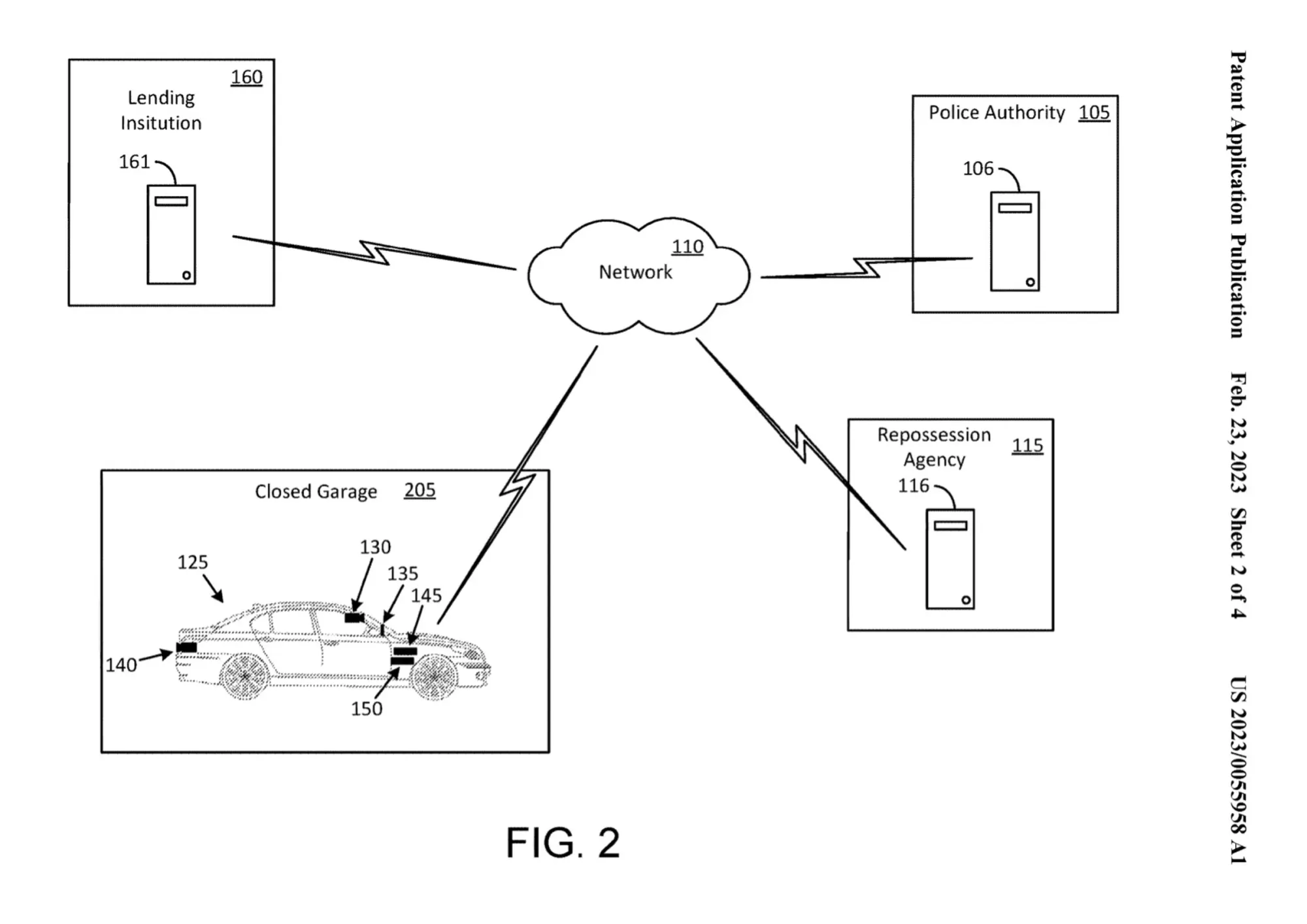For The Verge: Ford’s self-repossessing car patent is a nightmare of the connected-car future
Ford’s patent application outlines a future where autonomous cars drive themselves to the impound lot if their owners are delinquent on their car loans.

The electric and digital transformation of the car industry comes with a lot of promises for a better tomorrow. Electric vehicles could dramatically reduce carbon emissions in the transportation sector; connected cars will give us access to services and features we don’t currently enjoy; over-the-air software updates could eliminate high repair costs; and automated vehicles may make driving significantly safer.
But it’s worth remembering that, at the end of the day, car companies are just out to make a buck, not make the world a better place.
This week, it was revealed that Ford applied for a patent on a system that would use connected car technology to better aid in vehicle repossession. News of the patent’s publication was first reported by The Drive this week (which, in the interest of full disclosure, is a publication where I previously served as editorial director), and it describes a variety of procedures around repo-ing cars when payments are delinquent.
Those include sending messages to the owner’s smartphone or the vehicle itself, locking drivers out entirely, disabling functions like air conditioning, geofencing drivers to only operate within a certain time or set area so they can still get to work, and in one especially harrowing example, enabling an autonomous car to just drive itself to an impound lot — or a junkyard if the car’s market value is determined to be below a certain threshold.

